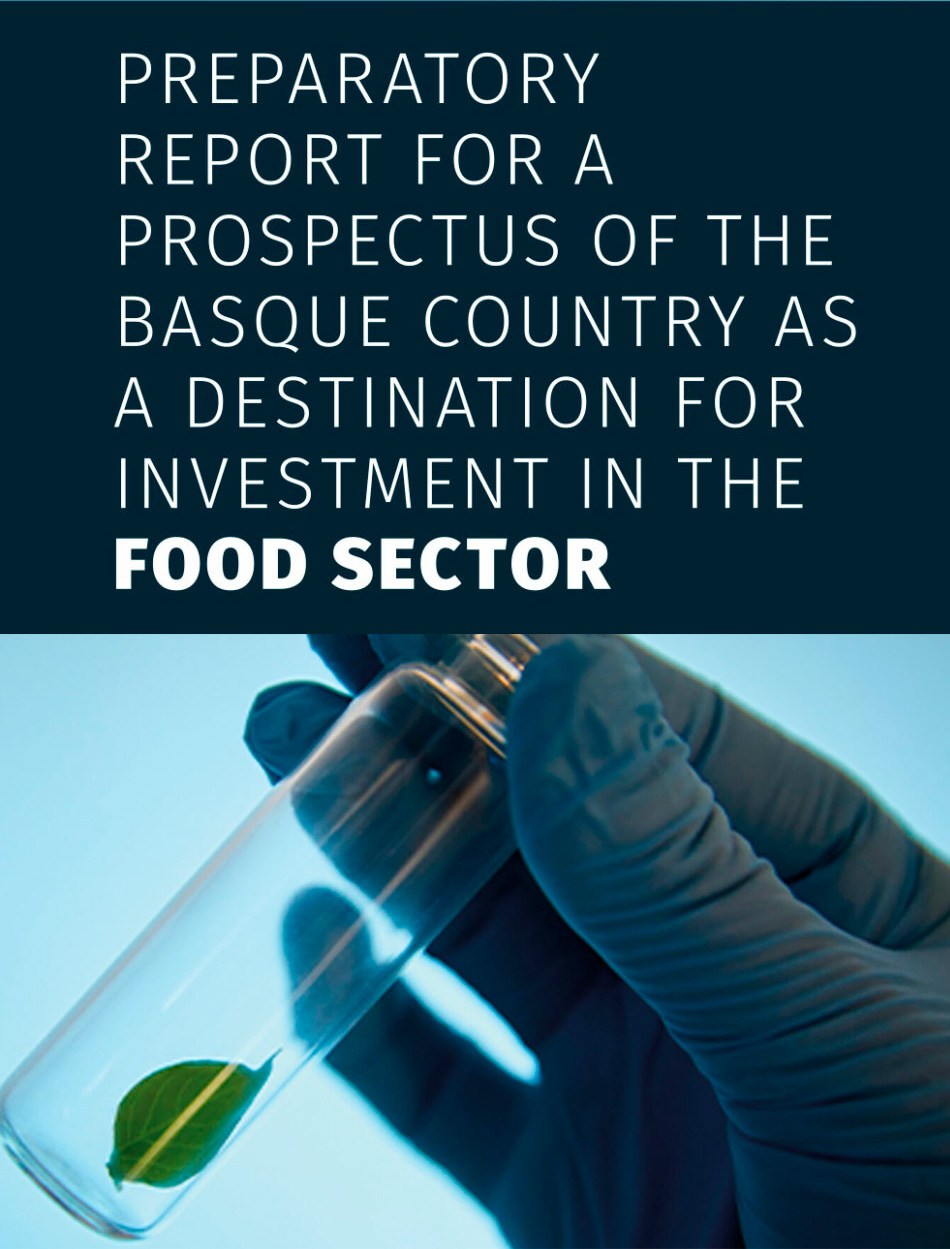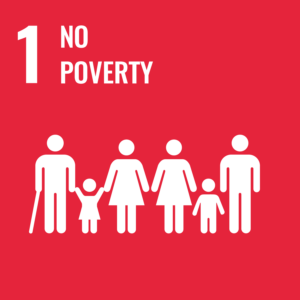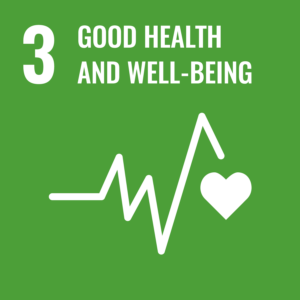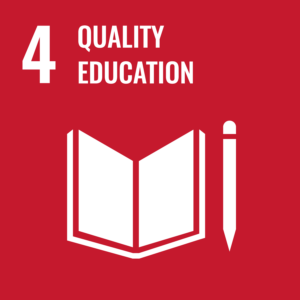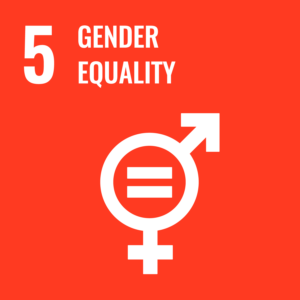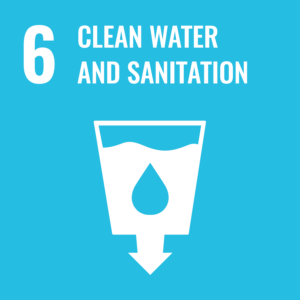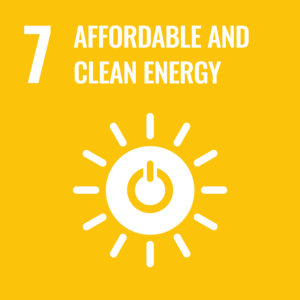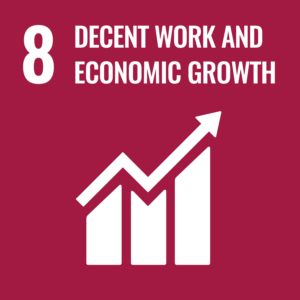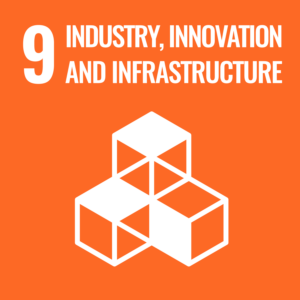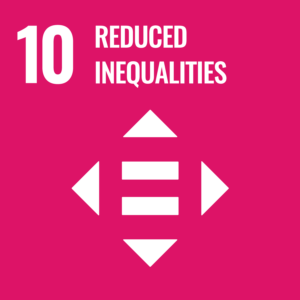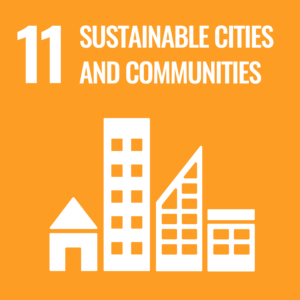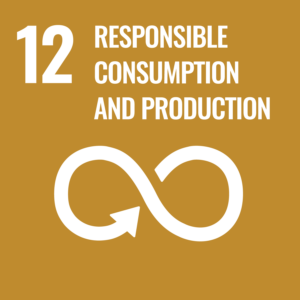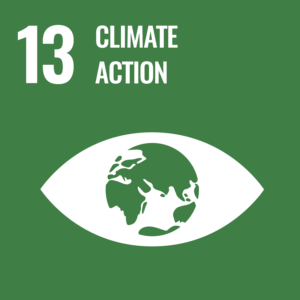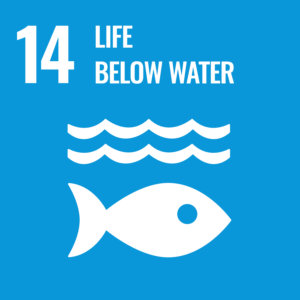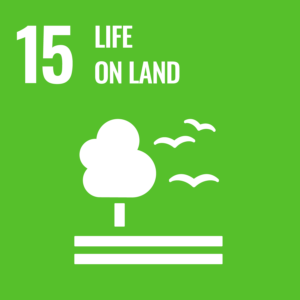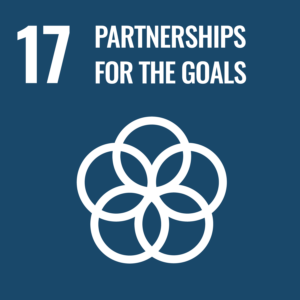
Sustainable Development Goals related to food

Get to know the ONekin! Program
25 September 2015, the 193 countries of the United Nations adopted the Agenda 2030 for Sustainable Development, and with it, the Sustainable Development Goals (SDGs). The SDGs are the universal framework for contribution to sustainable development, consisting of 17 objectives and 169 goals that must be met before 2030. They aim at both governments and companies, and civil society.

Without a doubt, the agro-food sector, and by extension the ensemble of the food chain, is one of the sectors with the greatest influence and impact, since it meets one of humanity’s most basic needs: access to food: For this reason, it has undeniable implications on well-being and health, living and working conditions for people and on all resources as a whole. This translates to a high transformation ability in the three spheres of sustainability: social, economic and environmental, which means it has implications in each one of the 17 SDGs and their 169 goals.
The Department for Economic Development and Infrastructure, within the scope of food and gastronomy, has identified different challenges related to each one of the 17 SDGs. In any event, to achieve them, inter-departmental and inter-institutional interaction is a must. All links on the food chain must be considered, as well as legal application in each sector, beginning with healthy, profitable and sustainable production, bearing on transformation and distribution, purchase decision-making and consumption (both at restaurants, collectives, and in the home). Moreover, they must adapt to educational and training plans for professionals to have an aware society.
Further information::
https://www.euskadi.eus/acciones-impulsadas-desde-la-viceconsejeria-de-agricultura-pesca-y-politica-alimentaria-vinculadas-con-los-ods-de-naciones-unidas/web01-a2nekaza/es/

